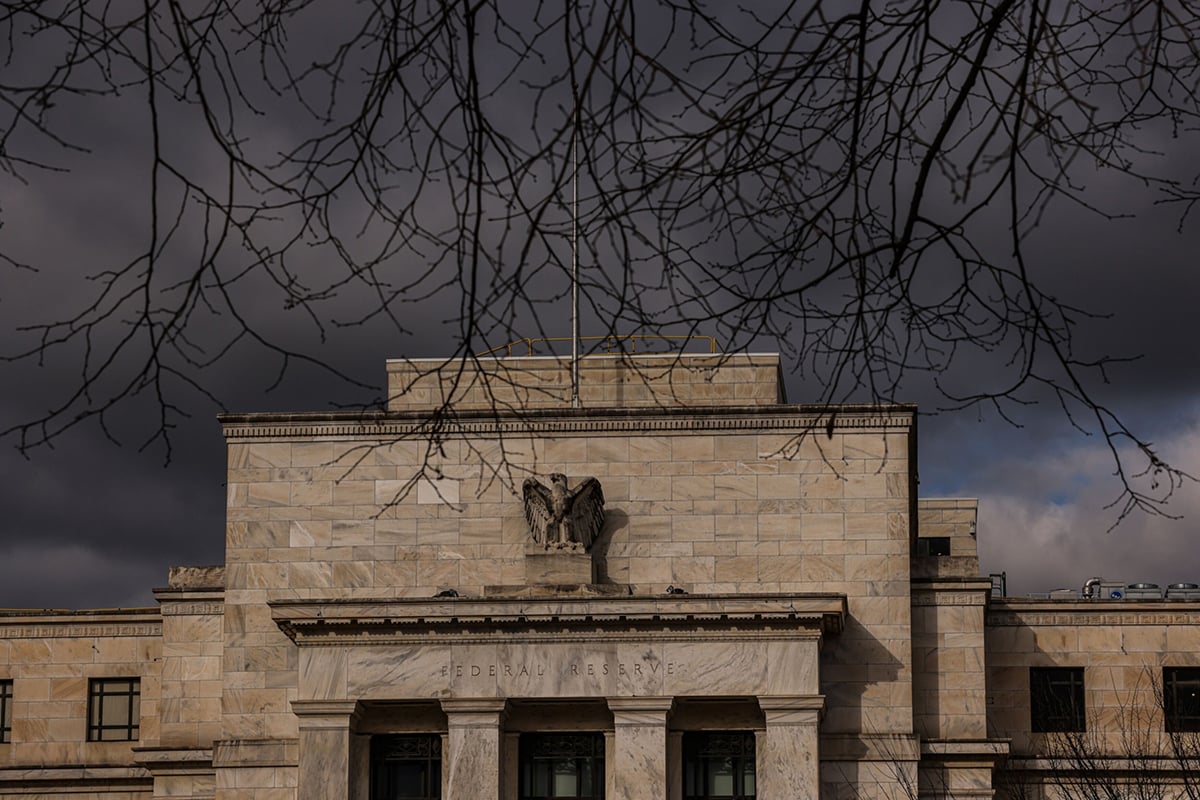The federal government looks to be getting out of the business of trying to spur the economy just as the U.S. expansion shows increasing signs of faltering.
A deal struck over the weekend to cut $2.4 trillion or more off budget deficits over a decade marks the beginning of a prolonged effort to put the government's finances into better shape. While the immediate economic impact from the agreement is likely to be small, it will add to a reduction in growth next year of 1.5 percentage points coming from the expiration of past stimulus programs, according to economists at JPMorgan Chase & Co. and Deutsche Bank Securities.
"Over the next 10 years, there will be further spending cuts and higher taxes, and that's not good for economic growth," said Paul Dales, senior economist for Capital Economics Ltd. in Toronto. "It is the start of a meaningful move toward fiscal consolidation."
Complete your profile to continue reading and get FREE access to Treasury & Risk, part of your ALM digital membership.
Your access to unlimited Treasury & Risk content isn’t changing.
Once you are an ALM digital member, you’ll receive:
- Critical Treasury & Risk information including in-depth analysis of treasury and finance best practices, case studies with corporate innovators, informative newsletters, educational webcasts and videos, and resources from industry leaders.
- Exclusive discounts on ALM and Treasury & Risk events.
- Access to other award-winning ALM websites including PropertyCasualty360.com and Law.com.
*May exclude premium content
Already have an account? Sign In
© 2024 ALM Global, LLC, All Rights Reserved. Request academic re-use from www.copyright.com. All other uses, submit a request to [email protected]. For more information visit Asset & Logo Licensing.







